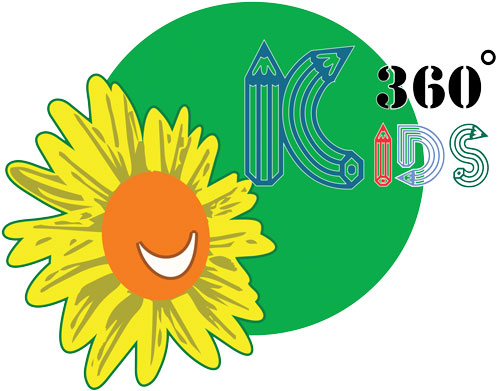Benefits of Learning Through the Arts
Cognitive Development:
- Decision-Making Skills: Participation in the arts enhances children’s ability to make decisions.
- Memory and Understanding: Engaging with artistic activities stimulates memory and facilitates understanding.
- Symbolic Communication: The arts help children develop symbolic communication skills.
Sensory and Creative Development:
- Sensory Development: Arts activities promote sensory development.
- Creative Thinking: Involvement in the arts encourages creative thinking and imagination.
Social and Emotional Development:
- Empathy and Relationships: The arts help develop empathy and promote the development of relationships.
- Self-Esteem: Engaging in artistic activities builds self-esteem and a sense of accomplishment.
Cultural Awareness:
- Cultural Understanding: The arts provide a vehicle for children to understand different cultures and express their own.
Integrating the Arts
Daily Opportunities:
- Exploration: Providing daily opportunities for children to explore visual arts, music, drama, and dance.
- Learning Centres: Utilizing various classroom centres (e.g., puppet centre, drama centre) to apply and extend their learning.
Meaningful Contexts:
- Whole Artistic Process: Embedding arts activities in meaningful contexts, allowing children to engage in the entire artistic process.
- Respect and Value: Ensuring a non-threatening environment where children’s individual choices and responses are respected and valued.
Exposure and Involvement
Local Artists and Community:
- Inviting Guests: Bringing local artists or family members involved in the arts into the school to enhance exposure and introduce the arts as a profession and cultural reflection.
Overall Expectations by the End of Kindergarten
Self-Awareness as Artists:
- Demonstrate awareness of themselves as artists through engaging in visual arts, music, drama, and dance activities.
Basic Knowledge and Skills:
- Demonstrate basic knowledge and skills gained through exposure to the arts and participation in arts activities.
Problem-Solving Strategies:
- Use problem-solving strategies when experimenting with skills, materials, processes, and techniques used in the arts, both individually and collaboratively.
Cultural Responses:
- Express responses to a variety of art forms, including those from other cultures.
Communication Through Art:
- Communicate their ideas through various art forms.
Conclusion
At 360° Kids Play School, the arts are integral to our curriculum, providing a foundation for children to develop their cognitive, social, and emotional skills. By integrating arts activities into daily learning and creating meaningful contexts for artistic exploration, we help children see themselves as artists, musicians, dancers, and actors. This approach not only supports their overall development but also fosters a lifelong interest in and appreciation for the arts. Through exposure to a variety of art forms and the involvement of local artists and community members, we enrich children’s learning experiences and cultural understanding, setting the stage for a well-rounded education.

